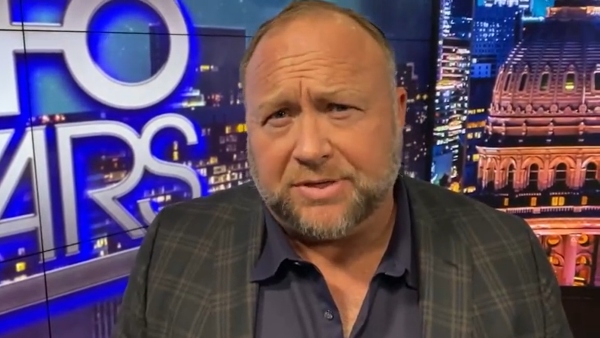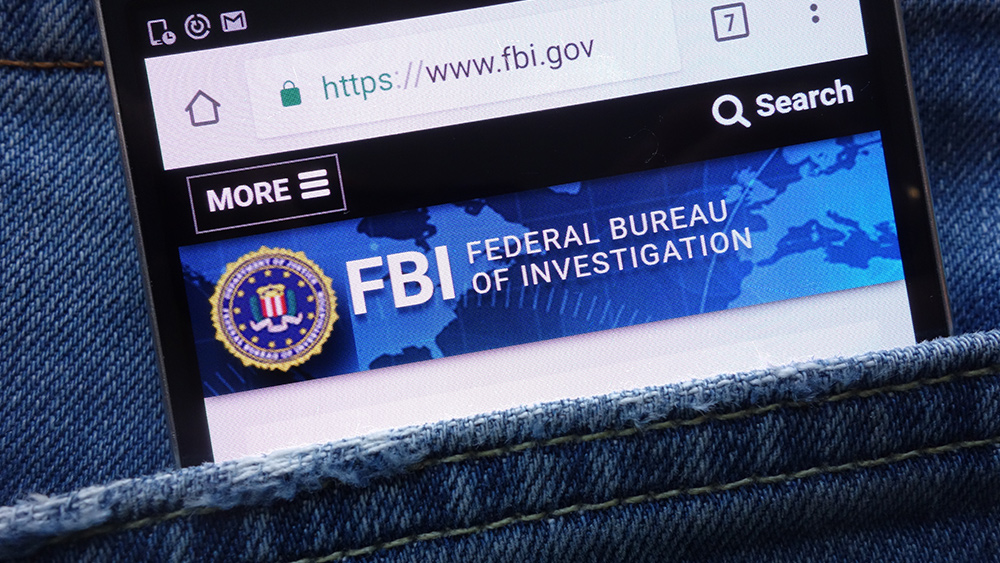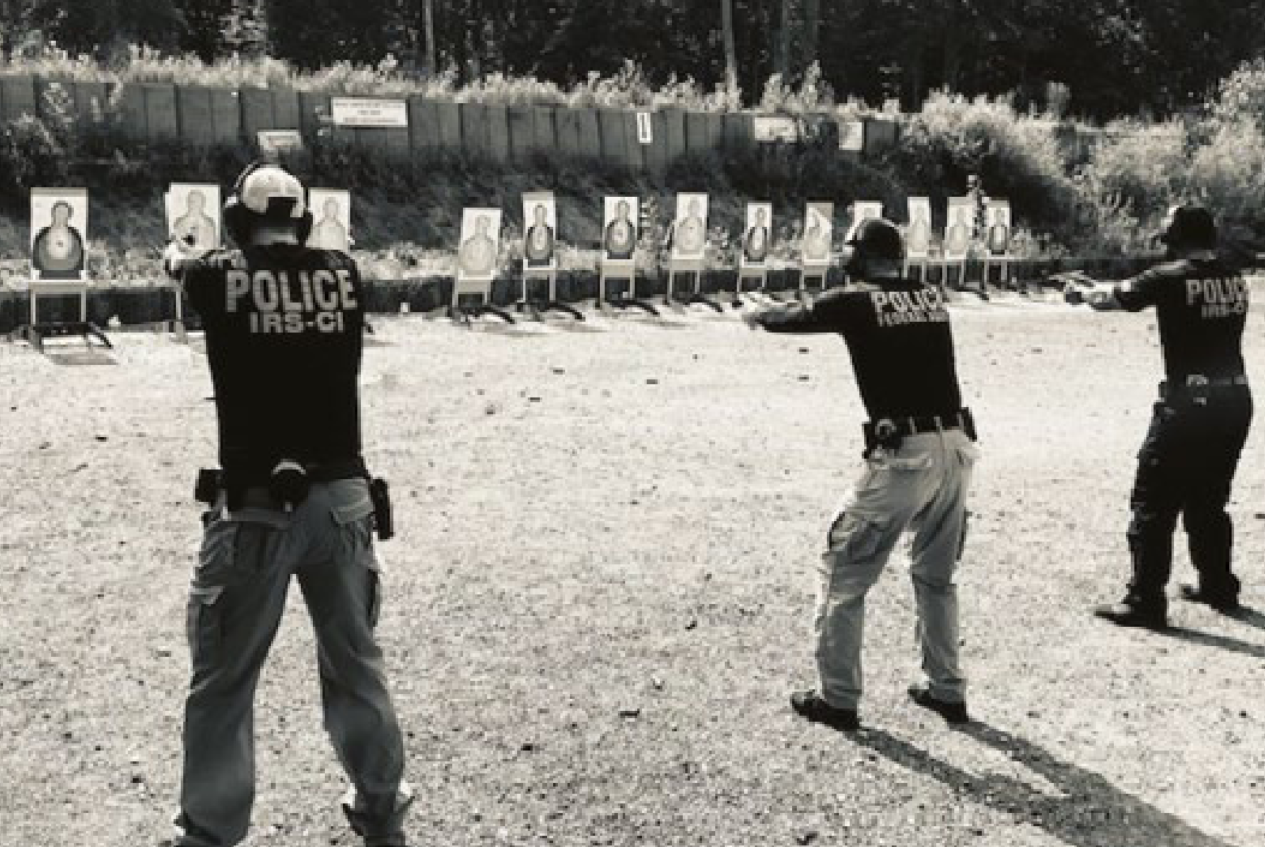The Alex Jones verdict shows the danger of defamation laws
10/17/2022 / By News Editors

In the latest demonstration of the absurdity of defamation laws, radio show host Alex Jones has been ordered to pay $965 million to people who didn’t like things Jones said about the 2012 Sandy Hook massacre in Newtown, Connecticut.
(Article by Ryan McMaken republished from Mises.org)
In the years following the massacre, Jones repeatedly stated that he thinks the shootings were staged and that the purported parents were so-called crisis actors. (He has since said he thinks the shootings were real.) Some of Jones’s listeners chose to agree with Jones’s claims that the shootings did not occur, and this allegedly informed the decisions by some listeners to engage in the harassment of some of the parents of murdered children.
Essentially, Jones was found guilty of saying things that supposedly inspired other people to say cruel and disrespectful things to the parents of the Sandy Hook victims. The harassment allegedly also includes the desecration of the graves of victims.
Jones is being ordered to pay hundreds of millions of dollars because some other people—who were not acting under any orders from Jones—allegedly committed some crimes on their own. It’s difficult to see, then, how Jones actually inflicted any actual damages on his supposed “victims” in this case. If people have harassed the parents, of course, that’s a crime for which the actual harassers are responsible. The real guilty parties here are the people who have committed acts of harassment. But it appears that Jones has been convicted here of simply saying things that the jury and the plaintiffs found objectionable.
In a free society, a private citizen saying things that other people are free to ignore is not punishable by law. In a society which does not respect free speech, however, merely saying words is apparently grounds of levying fines of hundreds of millions of dollars. (Actual threats of violence directed at specific persons are dangerous, but are not what we are talking about here, and that’s not what Jones has been accused of.)
The idea that Jones is somehow guilty for the acts of third parties he doesn’t even know follows from the basic twisted logic of defamation laws. The idea of defamation as a punishable legal matter is based on the notion that people do not have free will and are not responsible for their own actions.
For example, if a stranger tells me that my neighbor is a pedophile, I have no reason to automatically believe the accuser. Yet, this is what the logic of defamation assumes. If Person A says nasty things about Person B, we are supposed to assume that people do not have the freedom to reject the accusations and ignore them. Rather, we are to assume that people are robots who believe everything they are told. Similarly, there is no reason why anyone must believe the latest theories spun by Alex Jones.
Moreover, given that people are free to ignore the accusations of Person A, it is especially absurd to assume that Person A is somehow responsible if Person C then uses the opinion of Person A as a reason to inflict some kind of harm on Person B.
The reality is that people do have a choice and don’t have to believe every nasty thing some other person says. Nor are people being somehow forced to act in any particular way because someone said some cruel things about someone else.
The idea that people are responsible for their own actions apparently had no place in the court proceedings against Alex Jones, and the judgment against him is a standing threat to ordinary people who say unpopular things.
In an age when everyone who disagrees with official regime narratives is labeled a racist, a domestic terrorist, or worse, this is a dangerous development indeed. Governments have used defamation laws to silence critics, and the wealthy have long used threats of defamation suits to do the same. Naturally, Murray Rothbard opposed defamation laws and recognized they are a way for the powerful to silence the powerless:
The current system [which allows for defamation suits] discriminates against poorer people in another way; for their own speech is restricted, since they are less likely to disseminate true but derogatory knowledge about the wealthy for fear of having costly libel suits filed against them.
The Jones case is known and notable partly because he has the means to mount a sizable legal defense. Unpopular people of lesser means will fare even more poorly, and will much more easily and quickly be threatened into silence.
The answer to all this is total free speech in which people are explicitly expected to come to their own conclusions and be responsible for their own actions. As Rothbard noted: in a system of unrestricted free speech, “everyone would know that false stories are legal, there would be far more skepticism on the part of the reading or listening public, who would insist on far more proof and believe fewer derogatory stories than they do now.”
Read more at: Mises.org
Submit a correction >>
Tagged Under:
absurd, Alex Jones, big government, dangerous, Defamation laws, domestic terrorism, fascism, First Amendment, free speech, freedom, InfoWars, insanity, intolerance, libel, Liberty, Sandy Hook, Twisted, Tyranny, verdict
This article may contain statements that reflect the opinion of the author
RECENT NEWS & ARTICLES
COPYRIGHT © 2017 SHOOTINGS NEWS



















